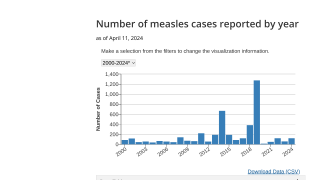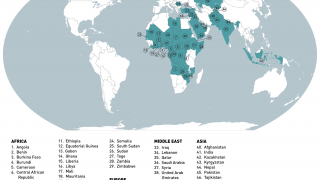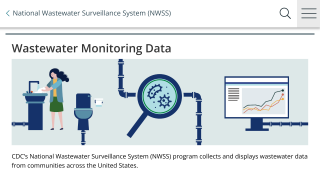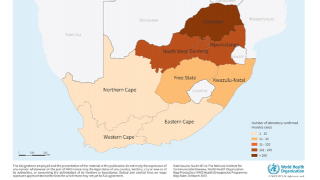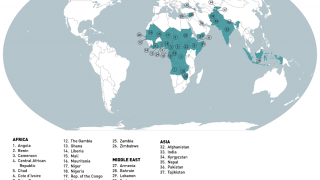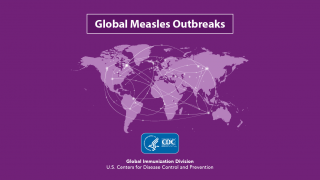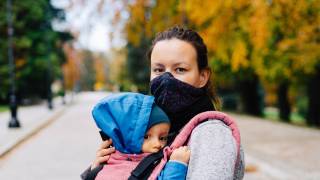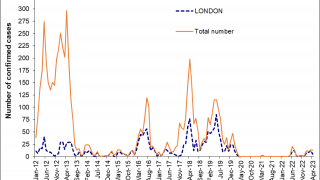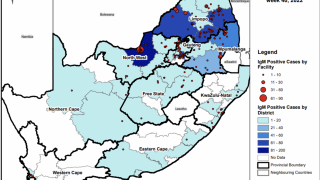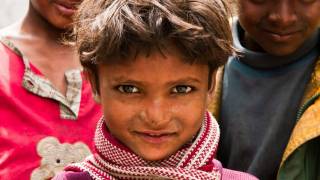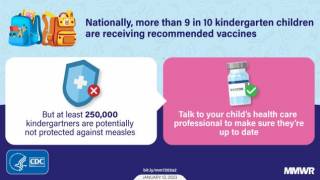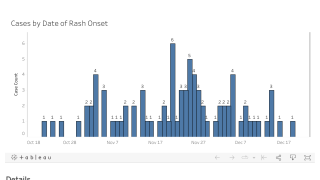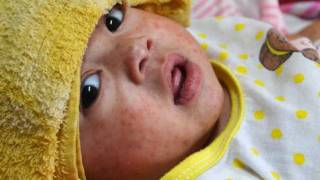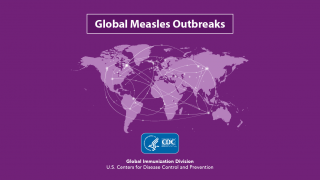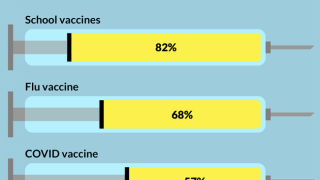Pregnant Women in Japan Need ‘Herd-Immunity’ Protection
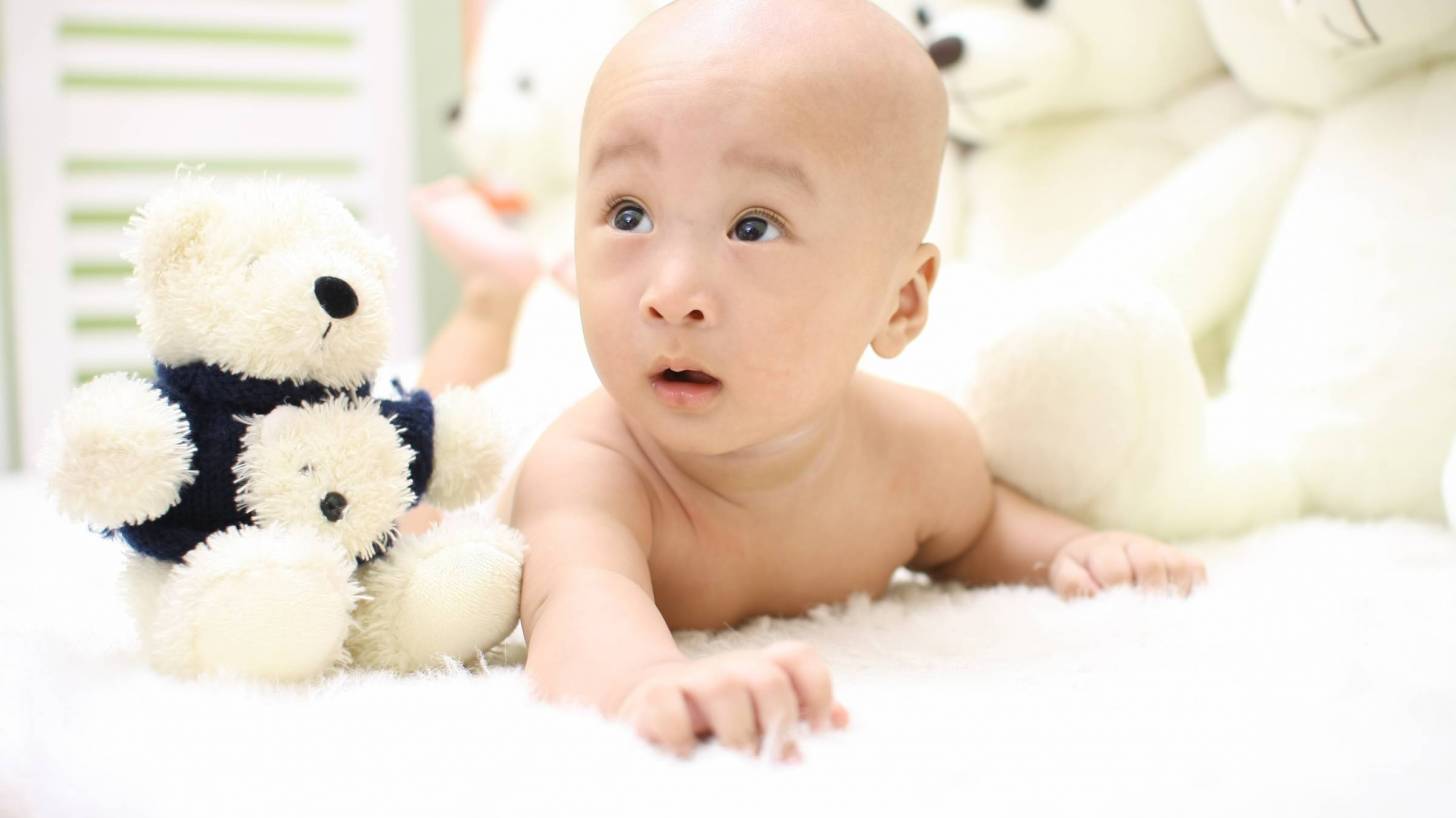
According to the Japan National Institute of Infectious Diseases (NIID), 135 new Rubella virus cases have been confirmed in the past week.
As of October 7, 2018, a total of 1,103 Rubella cases have been reported this year.
This number represents an 11x increase compared with 2017 when only 93 Rubella cases were confirmed by the NIID.
This Rubella outbreak began during July 2018, with the most cases reported in the Tokyo, Japan metropolitan area.
This is not good news for pregnant women in Japan, says the Japan Times.
"Congenital rubella syndrome (CRS) can be a devastating congenital birth defect, which is easily prevented by ensuring complete coverage with the MMR vaccine," said Peter Hotez, MD, Ph.D., Dean, National School of Tropical Medicine, Baylor College of Medicine, and author of Vaccines Did Not Cause Rachel's Autism.
“We need to keep monitoring the situation carefully to see if it will develop into a major epidemic,” Japan health minister Takumi Nemoto said, reported Japan Times.
Nemoto also said the health ministry ‘will urge women who want to get pregnant to undergo a rubella antibody test.’
The 2018 outbreak raises concern about the Rubella virus’s impact on unborn babies who could be infected by their mothers during pregnancy, said the NIID.
Previously, during the 2012-2013 rubella epidemic in Japan, which saw more than 16,000 confirmed cases, 45 babies developed congenital rubella syndrome and 11 of them died, reports the US Centers for Disease Control and Prevention (CDC).
To prevent serious health repercussions arising from the contagious disease, which is often transmitted through coughing and sneezing, vaccinating people around pregnant women is important, according to the institute.
When enough people are vaccinated against a certain disease, the entire community is less likely to get the disease.
That means even people who can’t get vaccinated will have some protection from getting sick.
This is called ‘herd-immunity’.
Women who are already pregnant cannot be inoculated as the vaccine itself may have a negative impact on the child, says the CDC.
If a woman needs to get vaccinated for rubella, they should avoid becoming pregnant until 1 month after receiving the MMR vaccine and, ideally, not until your immunity is confirmed by a blood test.
Before rubella vaccines became available in the USA during 1969, most rubella cases occurred among school-age children. By 1977, vaccination of children greater than or equal to 12 months of age had resulted in a marked decline in the reported rubella incidence among children, says the CDC.
The CDC says best protection against rubella is MMR (measles-mumps-rubella) vaccine.
In the USA, 2 approved Rubella vaccines are available, MMR-II and ProQuad.
The CDC Vaccine Price List provides the private sector vaccine prices for general information.
And, MMR vaccine discounts can be found here.
Additionally, as of October 19, 2018, the CDC had not issued a Travel Alert for Japan.
International travelers can request a vaccine appointment with a pharmacy at Vax-Before-Travel.
Vaccines, like any medicine, can have side effects. You are encouraged to report negative side effects of vaccines to the FDA or CDC.
Our Trust Standards: Medical Advisory Committee



